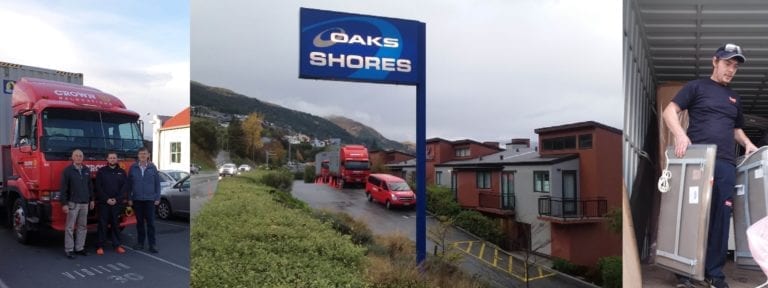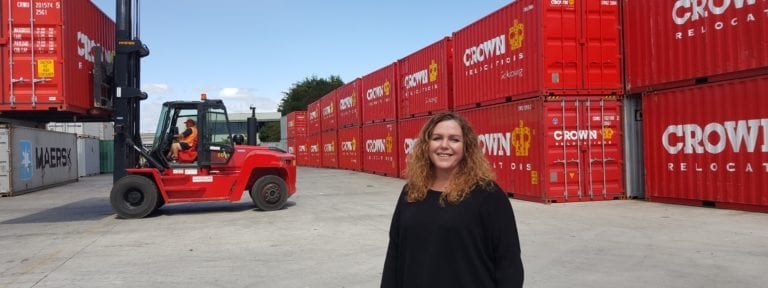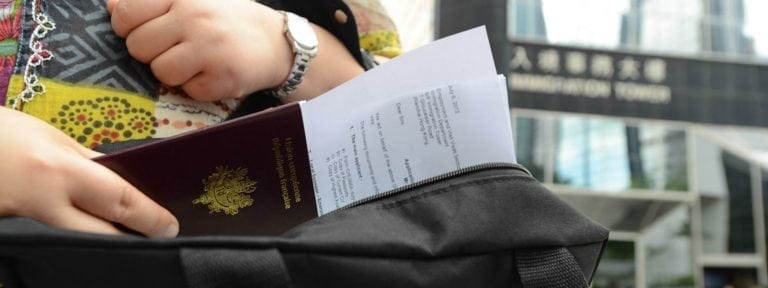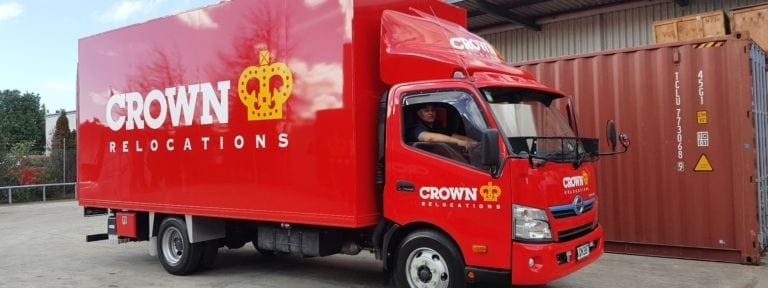An overseas work experience or assignment can be life changing. From settling in to a new culture, learning a new style of life and familiarising yourself with a whole different set of customs; many expats find themselves a different person after returning home.
This is proven to be an overwhelmingly positive experience in the long-term, however in the short term the returning expat often experiences what is known as reverse culture shock.
The process can be a tough hurdle to overcome, especially when friends and family back home don’t understand what’s happening. Based on their logic, you are back at the place which you know best — what’s the issue? Unfortunately, it’s not that simple.
Some companies do have repatriation programmes in place, however many returning employees must do the bulk of readjusting for themselves.
The four steps of repatriation
Research suggests that there are typically four phases in the repatriation cycle:
- The farewell/closure of life in the adopted country
- Initial excitement of returning home
- Reverse culture shock
- Readjustment to life back home
All members of the family are likely to experience these phases to some extent. It may simply be a matter of feeling disoriented, but can also include high levels of anxiety, insomnia, loneliness and feelings of insecurity. If the repatriation is to a new city in a native country, these highs and lows may be further exaggerated.
It’s advised for returnees to be aware of these different phases and know what to expect along the way.
Dean Foster, president and founder of DFA Intercultural Global Solutions, says assignees and family members tend to idealise their home country while they’re abroad, and this may help explain the emotional rollercoaster.
“They tend to remember home as it was, not as it is. When it comes time to return home for good, idealisation tends to kick in strong, and with it, severe disappointment with the inevitable reality that home is not the ‘white picket fence’ (it never was), or the perfect nurturing environment the repatriating family imagine it to be.”
Looking after the family
Undoubtedly one of the major factors in a successful repatriation is making sure the ‘whole’ family manage to settle back comfortably in the home country. Partners and children need special consideration.
For the children, adjusting to a different school system can be challenging. They may feel as though they don’t fit in or can’t focus in their new environment.
If these problems occur, it’s advised for parents to visit their children’s new teacher and fill them in on the recent relocation. Once the teacher’s understand the children better, they are able to make them feel more comfortable and be sure not to ever single them out in front of others for their potential issues.
Children are often unable to see things unfolding in the long term and don’t understand that everything will feel normal eventually. Therefore it’s crucial for parents to stay positive and not pass on their own issues or problems with settling back in.
Working spouses of international assignees will have often quit their job when they went overseas. This raises issues of finding work on returning to the home country; have they lost their employment continuity while overseas, will they need a new career path or to start again? If they have worked overseas can they put new skills learned abroad to work in New Zealand?
‘At-home’ spouses or partners face potentially more problems readjusting. The lack of social and working environments often enhance feelings of isolation or loneliness. Spouses or partners should actively seek to reestablish social connections and relationships during this time.
Getting back to work
Since repatriates most commonly return to their old position in their home country, they are expected to hit the ground running as soon as they get back.
However, during their time abroad assignees often pick up a number of new skills and adapt to a different, sometimes more challenging, work environment — this may be problematic when returning to old assignments and an old workplace culture.
Repatriates may also feel that their new skill set and experiences abroad are not appreciated or that they are taking a step backwards career-wise. In some instances the staff who reported to them when they left are now the bosses and this can be tough to handle.
If this occurs, there are a number of ways for repatriates to reinvigorate themselves in the workplace, such as volunteering for special projects within the company or enquiring about possible alternative positions in which new skills can be put to use. Professional development or vocational education can also make the reentry for a former expat easier by qualifying them for a more challenging position.
There’s no doubt that returning from an overseas assignment poses significant challenges. However, with careful planning, a focus on the ‘whole’ family unit and their reentry to New Zealand these challenges can be mitigated and a successful resettlement achieved.













































